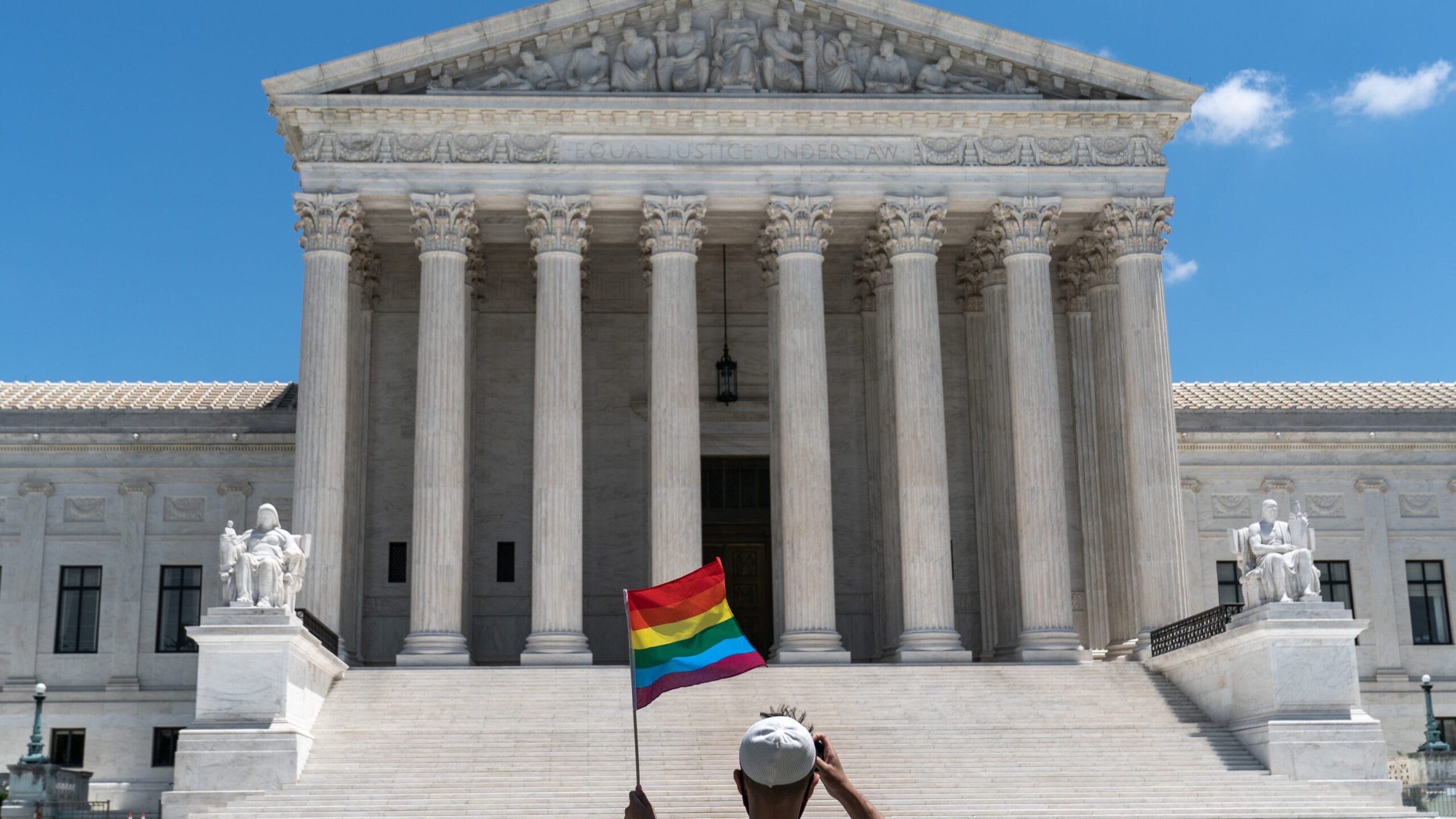In a significant food safety alert, the U.S. Food and Drug Administration (FDA) announced the recall of more than two million doughnuts and several types of baked goods distributed nationwide. This decision stems from concerns regarding potential contamination with Listeria monocytogenes, a bacterium capable of causing severe health complications, particularly in at-risk populations.
FGF Brands, a prominent bakery specializing in a range of sweet and savory products, voluntarily initiated the recall following a series of inspections and laboratory testing carried out by the FDA. These inspections unearthed indications of contamination at their production sites, prompting the swift removal of products from store shelves across the United States and parts of Canada.
The affected products are part of a diverse portfolio marketed under various brand names and available in major grocery chains. They include a variety of doughnuts, pastries, and related baked goods manufactured before December 13, 2024. Products shipped under private labels of major chains were also implicated in the recall.
The contamination with Listeria monocytogenes presents a severe public health risk. This bacterium can cause listeriosis, a foodborne illness notable for its potentially severe outcomes. Symptoms usually include fever, severe headache, nausea, abdominal distress, and diarrhea. Vulnerable groups—pregnant women, older adults, young children, and individuals with weakened immune systems—are particularly susceptible to the more severe impacts of listeriosis. For pregnant women, infections can result in complications such as miscarriage or stillbirth.
To date, there have been no confirmed illnesses stemming from the recalled products, according to both FGF Brands and the FDA. However, the possibility of infection cannot be ruled out, as listeriosis symptoms often take several weeks to manifest.
“Food safety remains a priority, and when it comes to potential risks like listeria contamination, it is essential that we act swiftly to protect public health,” an FDA spokesperson said in a statement. “We urge consumers to check their pantries for these products and dispose of them immediately.”
The company has also expressed its commitment to addressing the situation transparently. A spokesperson for FGF Brands stated that a thorough review of their production processes is currently underway to determine how the contamination might have occurred. “We deeply regret any inconvenience this recall may cause our consumers and are working diligently to ensure this does not happen again in the future,” the spokesperson added.
The recall also serves as a stark reminder of the importance of vigilance in food supply chains. Incidents like these highlight the challenges faced by producers in maintaining sterility in production environments, especially when production scales to millions of units distributed nationwide.
Consumers looking for detailed information about the recalled products are encouraged to consult the FDA’s official recall notice, which is updated regularly. Retailers are also required by law to display prominent warnings in stores, listing the affected product batches. For further questions, customers can contact the FGF Brands helpline.
Foodborne illnesses and related recalls have been frequent in recent years, mirroring growing concerns over safety protocols in mass production. The FDA continues to enhance its electronic tools and systems to ensure more rapid response times when contamination is detected.
In the meantime, consumers are urged to remain vigilant and follow the usual best practices for food safety. These include maintaining cleanliness in kitchens, separating raw and ready-to-eat foods, storing food at recommended temperatures, and cooking thoroughly where applicable.
While listeria infections are relatively rare compared to other foodborne illnesses, the severity of their potential effects underscores the importance of avoiding contaminated products. Such recalls, inconvenient as they may be, act as necessary safeguards in the broader framework of public health.



